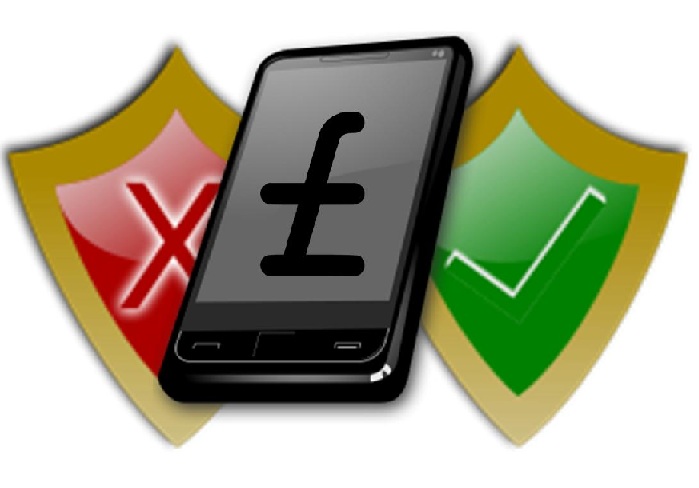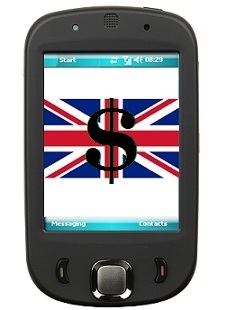 Visual tool by Cronto to be used to help to protect consumers against Trojan malware infections.
Visual tool by Cronto to be used to help to protect consumers against Trojan malware infections.
Commerzbank has announced that it is using a new visual mobile security transaction signature tool from Cronto, a firm from the United Kingdom, in order to provide greater protection to its consumers banking online and through smartphones and tablets.
The protection is specifically geared toward preventing infections Trojan viruses.
The mobile security solution applies what is called CrontoSign technology, which is being implemented under the brand name photoTan. This will replace the current iTAN solution that is currently in place and which requires a unique number for the authorization of each transaction. By using photoTAN, instead, users are capable of performing verification of payments through the use of an app or a standalone gadget that uses a TAN authorization code to provide a digital signature for the transaction.
Commerzbank and Cronto have been working together for online and mobile security since 2008.
According to the Cronto chief executive, Igor Drokov, “We have worked closely with Commerzbank who helped to develop the CrontoSign visiual transaction signing technology from innovative ideas to the product ready to serve the needs of millions of banking customers.”
Last month, Juniper Research, the telecoms research firm, released a prediction that the adoption of smartphone banking services would break the one billion mark by 2017. That said, there were also a number of different hurdles to this uptake that were identified. Among them were concerns regarding mobile security following a number of reported events in terms of financial crimes that occurred involving consumers using smartphones and tablets.
This type of mobile security breach has created a lingering threat to the confidence consumers hold in the entire industry. For instance Check Point and Verisafe security venors reported the “Eurograbber” attack in November 2012 which utilized malware in order to break through PC and mobile security in order to target users and carry out transfers that were sent automatically and that ranged from €500 to €250,000.
That malware involved a Zeus Trojan bot attack called Zitmo, which infected smartphones and computers to compromise their mobile security, enabling hackers to receive and steal bank SMS messages to customers.
However, this new mobile security agreement between Commerzbank and Cronto is designed to overcome that type of attack so that it need not concern consumers who bank online.

 The British authority will enable smartphone and tablet funds transfers among all bank accounts.
The British authority will enable smartphone and tablet funds transfers among all bank accounts.